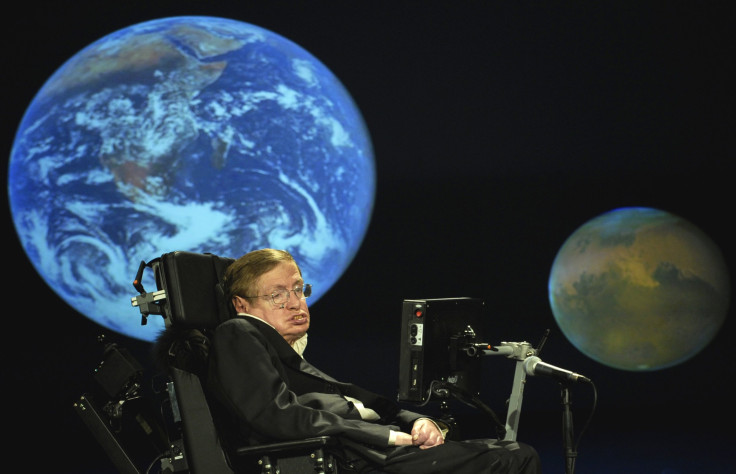Could Artificial Intelligence Threaten Human Existence? Stephen Hawking Says So

Human-destroying robots might be the work of fiction, at least until artificial intelligence has been developed to supersede humans, according to physicist and professor Stephen Hawking.
In a new interview with the BBC, Hawking spoke about the possible future threat of artificial intelligence (AI) if it is developed to such a high level that it begins to overpower human intelligence.
“The development of full artificial intelligence could spell the end of the human race,” Hawking said in the video. Computers are significantly faster than the human brain in solving problems and coming to conclusions, after all. “It would take off on its own, and re-design itself at an ever increasing rate. Humans, who are limited by slow biological evolution, couldn’t compete, and would be superseded.”
Using a newly revamped system, which is able to estimate Hawking’s thoughts and spell out his words, then read them out loud in an electronic robotic voice, Hawking explained that the primitive AI that currently exists has been extremely useful for humans, including himself. But he notes that all technology — the Internet, for example — though helpful and advantageous, also comes with drawbacks, such as infringements on privacy. He says these things need to be monitored.
Hawking, who has suffered from the motor neuron disease amyotrophic lateral sclerosis (ALS) since he was 21 years old, is unable to walk, move, or speak, and must use a system developed by Intel to help him communicate.
In the past, Hawking has spoken about the notion of separating brains from bodies by copying them onto computers. “I think the brain is like a program in the mind, which is like a computer, so it’s theoretically possible to copy the brain onto a computer and to provide a form of life after death,” he said, according to The Telegraph. “However, this is way beyond our present capabilities.”
In the meantime, others aren't too concerned about robots taking over the world, at least for now. "I believe we will remain in charge of the technology for a decently long time and the potential of it to solve many of the world's problems will be realized," Rollo Carpenter, creator of Cleverbot, a software that chats with humans, told the BBC.
Published by Medicaldaily.com



























